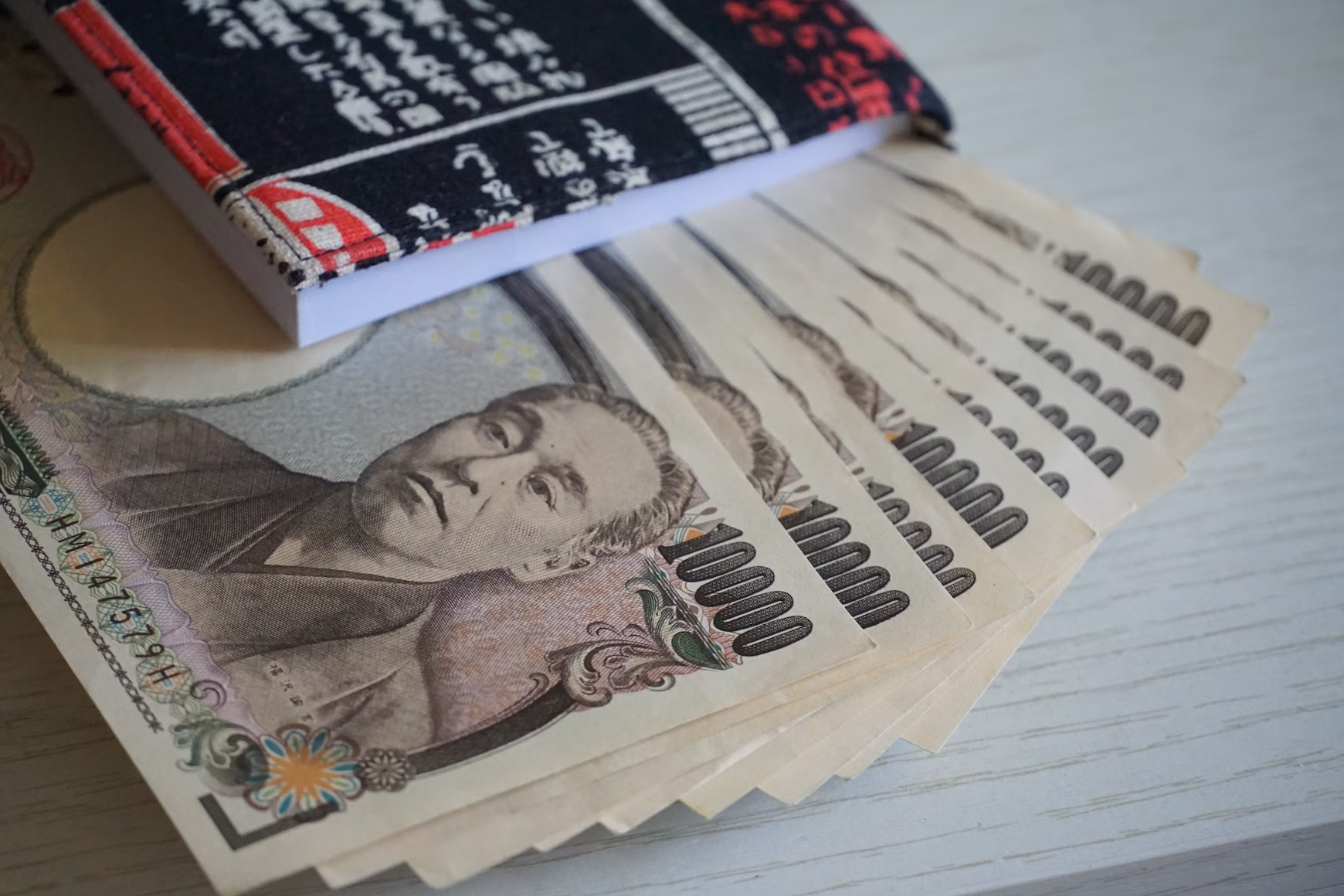The Bank of Japan (BOJ) in its recent meeting kept its ultra-low interest rates and dovish outlook, prioritising sustained inflation and wage growth above immediate policy shifts. While the 2% inflation target has been breached for over a year, the central bank seeks clearer evidence of a virtuous wage-price cycle before dismantling its stimulus measures. Analysts now look to Governor Ueda's post-meeting briefing for clues on a potential April exit from negative rates, contingent on positive wage negotiation outcomes.
EQUITY
U.S. stocks started the week strong, aided by a Goldilocks economic scenario favouring rate cuts despite central bank warnings of a dovish pause aside from the Dow that remained flat due to sector rotations. Meanwhile, energy stocks rallied on supply concerns, and United States Steel soared on acquisition news, while Apple and VF Corp. faltered on individual headwinds.
GOLD
Trapped in a tight range, gold awaited a data-packed week in the U.S., hoping for clues on the Fed's next stance. Investors clung to hopes of next year's Fed rate cuts, fueled by Jerome Powell's dovish hints, but awaited Friday's PCE inflation gauge for confirmation. While the Bank of Japan's rate hold offered little bullion buzz, a robust PCE could reignite gold's rally, testing investors' optimism against economic reality.
OIL
Brent crude held firm on Tuesday, buoyed by Monday's 1.8% surge, as Houthi attacks in the Red Sea snarled maritime traffic and forced energy giants like BP to reroute vessels that cost approximately 40% more in fuel. Meanwhile, the US announced plans to crack down on the Russian oil trade by demanding greater transparency from shippers, adding another layer of uncertainty to the already turbulent landscape.
CURRENCY
The yen fell after Japan's central bank kept its loose policy, as did the yuan, as expectations for slower US rate cuts fed dollar strength. The euro rose as the ECB resisted early cuts. Though recently stronger, the yuan remains vulnerable to weak Chinese growth. The yen's outlook depends on whether Japanese wage growth warrants policy change.













